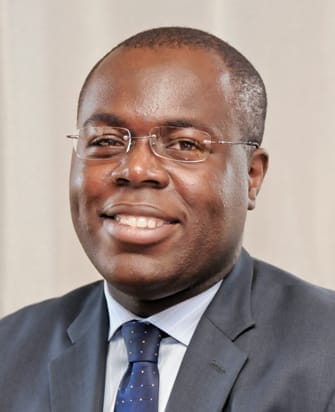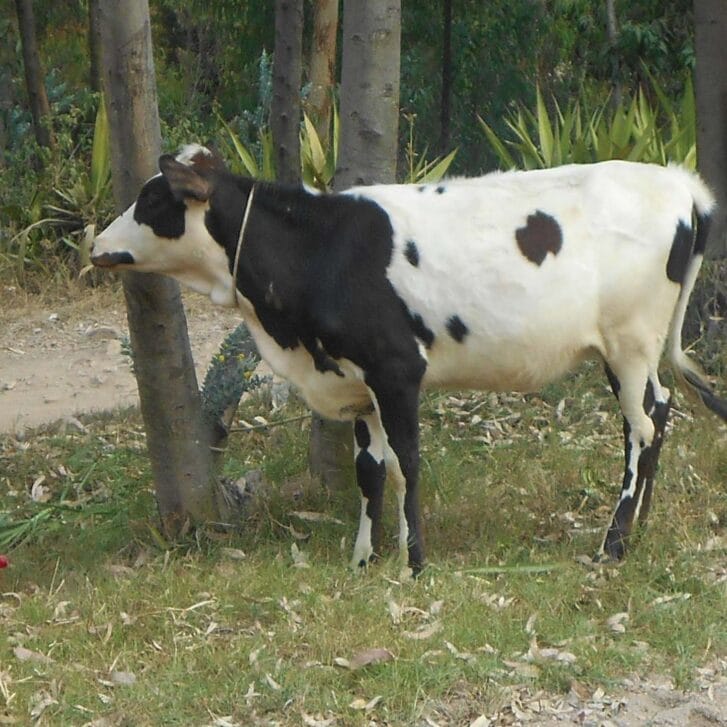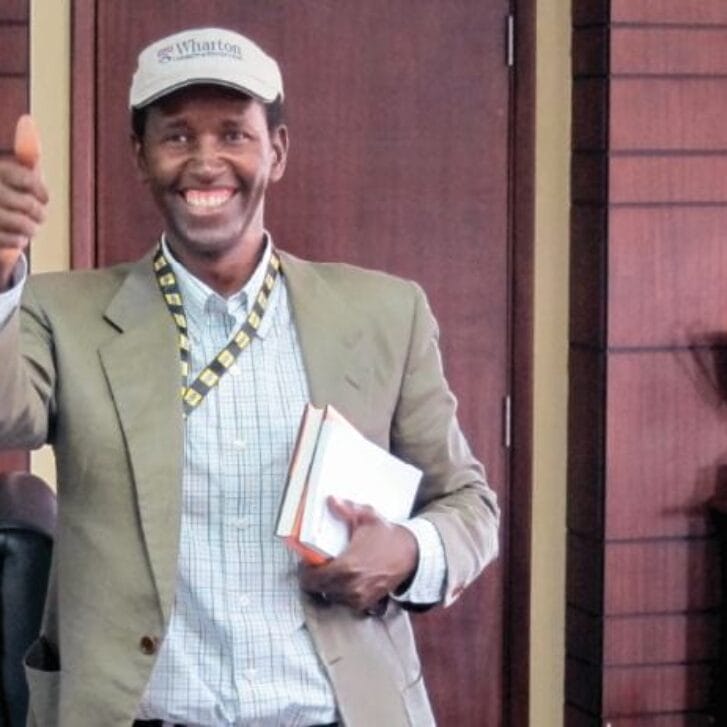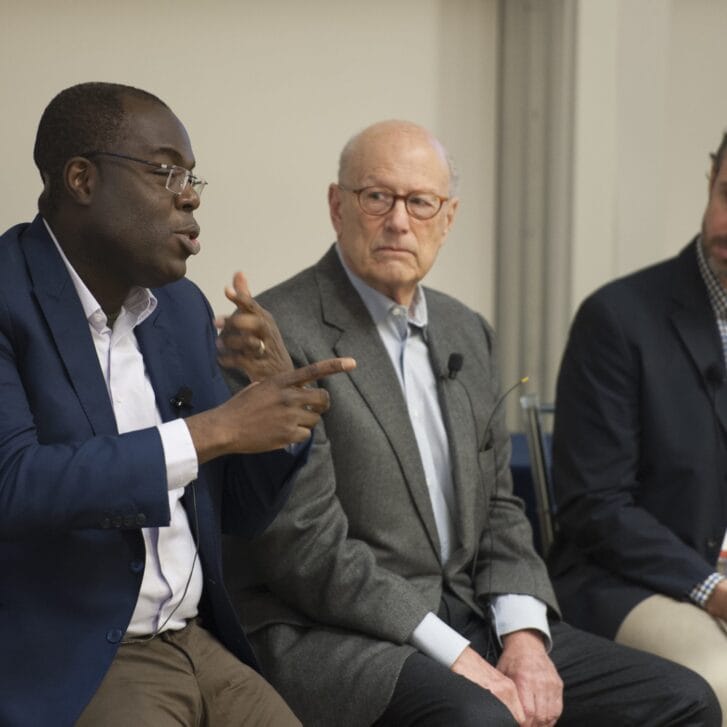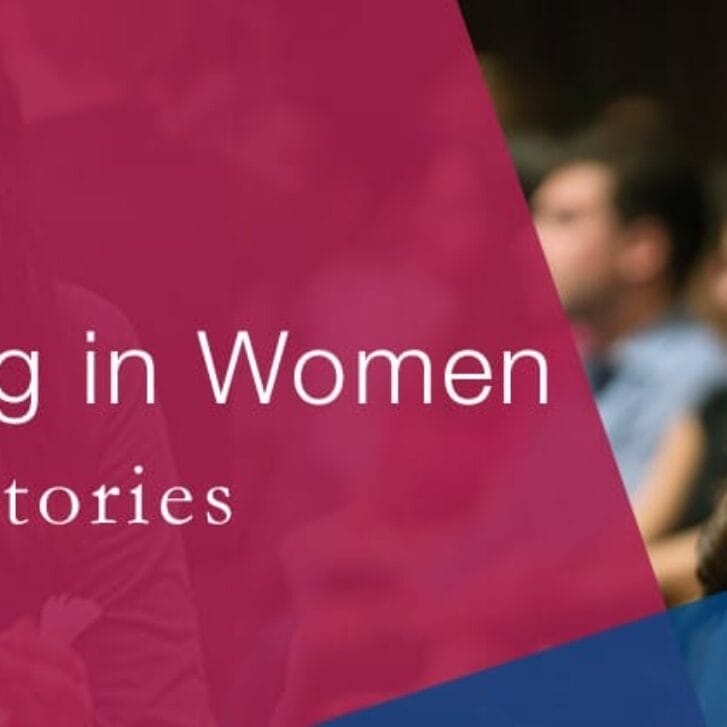In little more than a decade, Rwanda has gone from a country in ruins to a model for African development.
Since the end of the 1994 genocide, Rwanda’s economy has grown an average 8 percent a year. While much of the world was sliding into recession, Rwanda grew over 11 percent in 2008 and 6 percent in 2009. Rwanda was also the world’s top reformer in the World Bank’s Doing Business Survey last year.
As managing director of the international consulting firm OTF Group, which focuses on competitiveness in developing nations, Eric Kacou, WG’04, leads the Rwanda National Innovation and Competitiveness Program and is a key economic advisor to the government of President Paul Kagame.
Kacou says he has been privileged to play a part in Rwanda’s extraordinary transformation.
“Our relationship with Rwanda started in 2000 when OTF’s founder, Michael Fairbanks, and other colleagues facilitated a week-long seminar with the leadership of Rwanda,” says Kacou, 34. “In 2001, I was part of the original OTF team that moved to Kigali to support Rwanda’s leadership in changing the model of prosperity creation to one based on high and rising wages, innovative and differentiated products, and trustful and competitive industry clusters.”
Kacou credits Fairbanks, one of his key mentors, with teaching him how to be an effective advisor to developing countries. Author of the landmark book on strategy in emerging markets, Plowing the Sea, Fairbanks remains active in Rwanda as a member of President Kagame’s Advisory Council.
Based in Rwanda’s capital city of Kigali, Kacou and his team have focused on ground-level initiatives including helping Rwanda’s leadership nurture key industries, training a new generation of leaders, and creating a supportive environment for home-grown businesses, as well as foreign investors.
“Our role is mostly as strategic advisors and cluster facilitators,” Kacou says in a recent telephone interview from Kigali. “It is about making sure people make informed choices and then take the right collaborative actions once the choices have been made.”
Kacou was born and raised in Cote d’Ivoire. His mother was a financial analyst for a development bank and his father was a college professor. His first trip outside Africa was to attend college at Montreal’s École des Hautes Études Commerciales.
He describes living in a developed country for the first time as “a wake-up call” about the possibilities of development. “In Canada, I discovered that the ‘Ivorian Miracle,’ as my country was called, had a ways to go.”
After graduating in 1997 with a bachelor’s degree in business, he was hired by the Monitor Group, an international corporate strategy firm. Working out of the Monitor Group’s offices in Toronto and Paris, Kacou was part of teams that provided strategic advice to Fortune 500 companies in pharmaceuticals, telecommunications and manufacturing.
In 2000, the Country Competitiveness practice of Monitor Group, backed by venture capitalists, spun off as OTF—for On the Frontier. Kacou joined the initial OTF team out of his passion to serve developing nations.
One of his first assignments with the new company was to provide advice to Rwanda’s tourism industry. He helped to develop a national tourism strategy and to restructure the Rwanda Tourism Board. These efforts started to shift how people around the world would think of Rwanda: as a home of mountain gorillas and other natural wonders, rather than a land where some of the worst atrocities of the 20th century had occurred.
In 2002, Kacou returned to school as a Wharton MBA student. At Wharton, he says he broadened his vision and gained leadership skills.
After graduation in 2004, he was eager to return to Africa and to the task of fostering development on the continent. “As an African working as a professional in development, I needed to find a way to move this agenda forward.” Since returning, Kacou has worked in a dozen African nations but Rwanda has remained his primary focus.
Trying to relegate the country’s dark history of war and genocide to the past, President Kagame committed to a program of aggressive economic development.
OTF supported clusters, including coffee and tourism, that have led Rwanda’s remarkable growth spurt in exports. “By helping wages for workers grow at 30 percent per annum, these industries have demonstrated that Rwanda’s new model was delivering for the people,” Kacou adds.
Another initiative that Kacou cites as transformative for the country is the establishment of the Academy of Leadership in Competitiveness and Prosperity, which trains a new generation of Rwandan leaders to drive the country’s development.
The success of tiny, scarred Rwanda—a country about the size of Massachusetts—demonstrates to other countries what is possible, Kacou believes. “Rwanda is landlocked, with limited natural resources and one of the world’s highest population densities. Its metamorphosis is a testament that there are really no excuses for the rest of Africa.”
What has made success possible for Rwanda is its leaders’ commitment—starting with President Kagame—to innovation and their willingness to confront the country’s challenges head-on, according to Kacou.
“Another key ingredient,” he says, “is action. When things are happening and evidence is tangible, confidence in the country grows.”
“Rwanda is one of the few nations in which progress is visible on a week-by-week basis. For each trip one takes outside of Rwanda, one notices a positive development on the way back from the airport.”




















